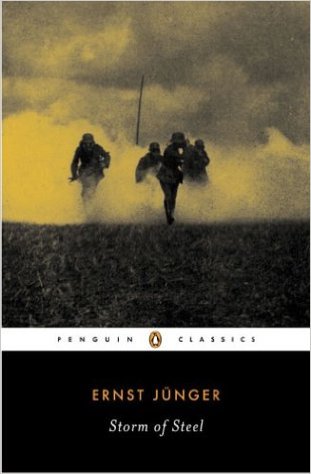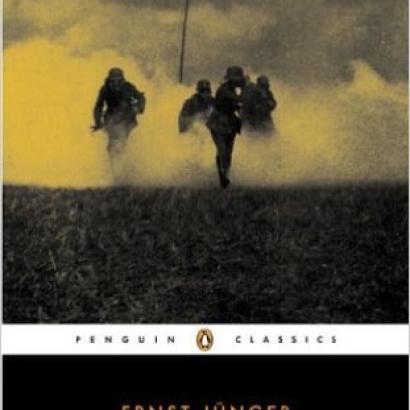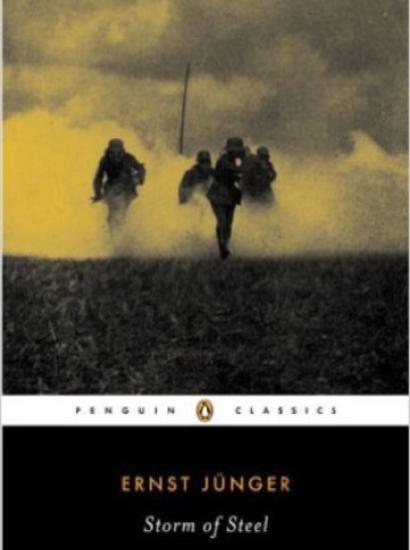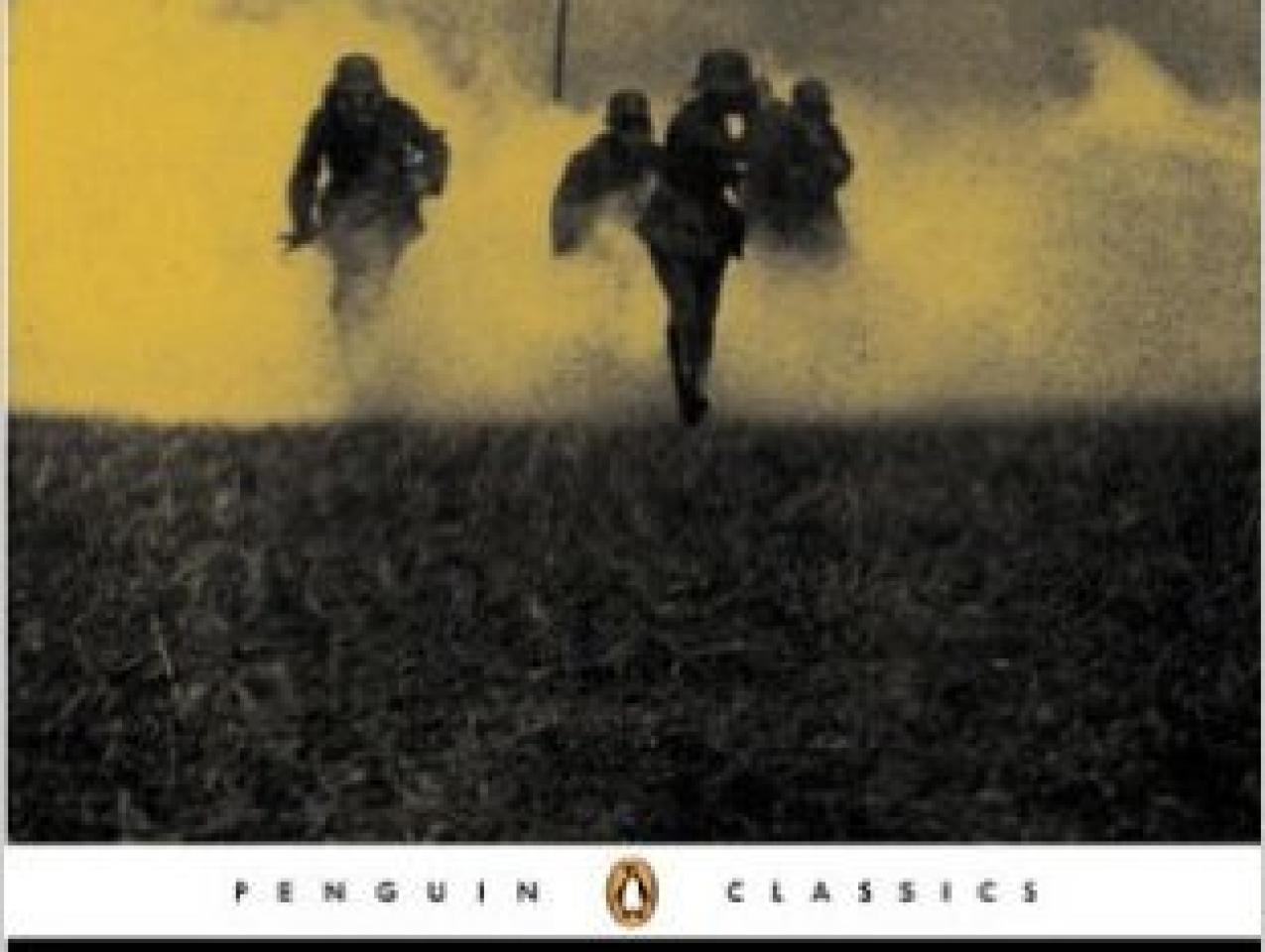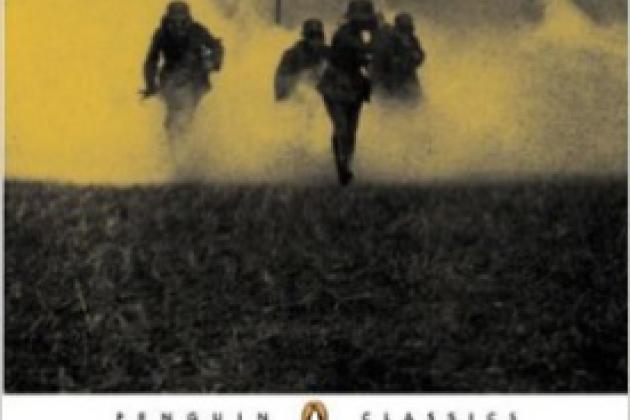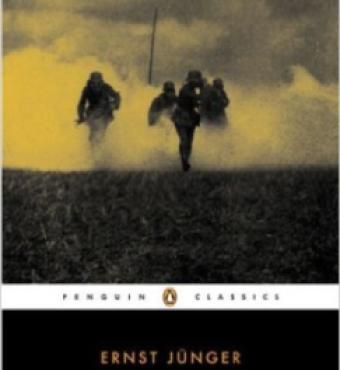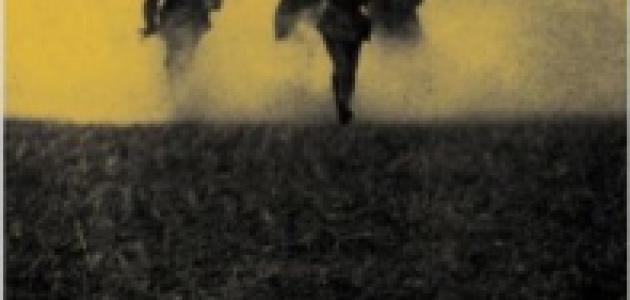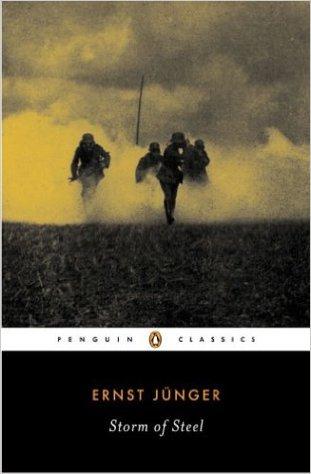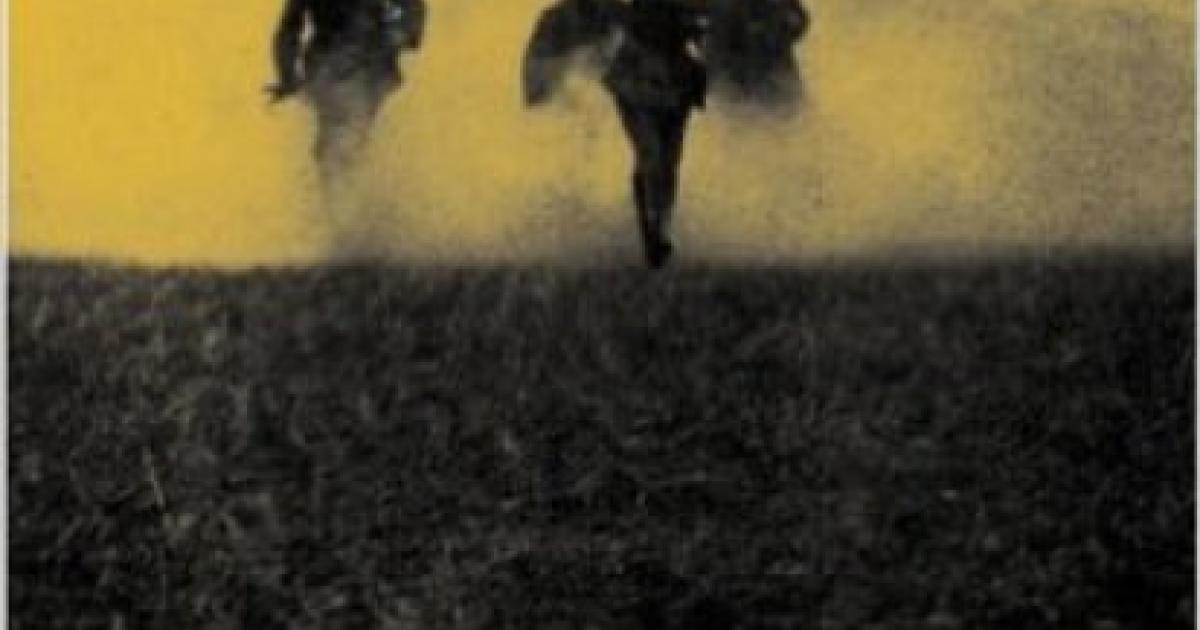- History
- Military
In a new, and far better translation by Michael Hofmann, Ernst Jünger’s account of his three years of service on the Western Front in World War I represents one of the great pieces of literature from that conflict. Jünger began his service in 1915 as a private in a Hanoverian regiment, which ironically had as its cap badge a representation of Gibraltar, which the unit had helped to storm for the English in 1704. By 1918 he was serving as a company commander in an elite storm troop force and participated in some of the fiercest fighting of the war. Wounded innumerable times and winner of the pour le mèrit, Jünger was an enthusiastic participant in the conflict. He participated in virtually all of the major battles that occurred on the Western Front, when he wasn’t in German hospitals. As such he provides his readers with a carefully drawn feel for the battlefield from the perspective of an elite German infantryman.
He was also one of the great literary figures in Germany until his death in the early twenty-first century. Thus, his powerful, sharp portrait of the fighting on the Western Front presents a far different view of warfare from that presented in the anti-war literature of most Anglo-French accounts of the conflict. Better than virtually all the other commentators on the conflict or on war in general, Jünger understood the uncomfortable truth that many soldiers revel in the excitement of living on the edge of death that is an inherent part of war. Unfortunately, Storm of Steel was more representative of German attitudes toward the war that Remarque’s far less impressive All Quiet on the Western Front. For those who want to understand the dark side of war, Jünger’s account is one of the most important literary works on war.







